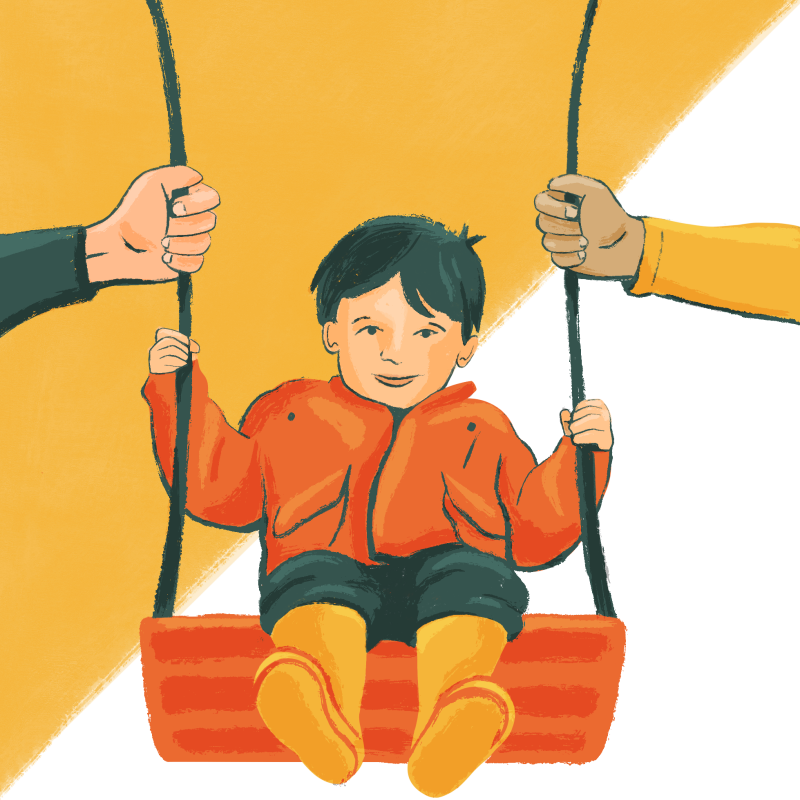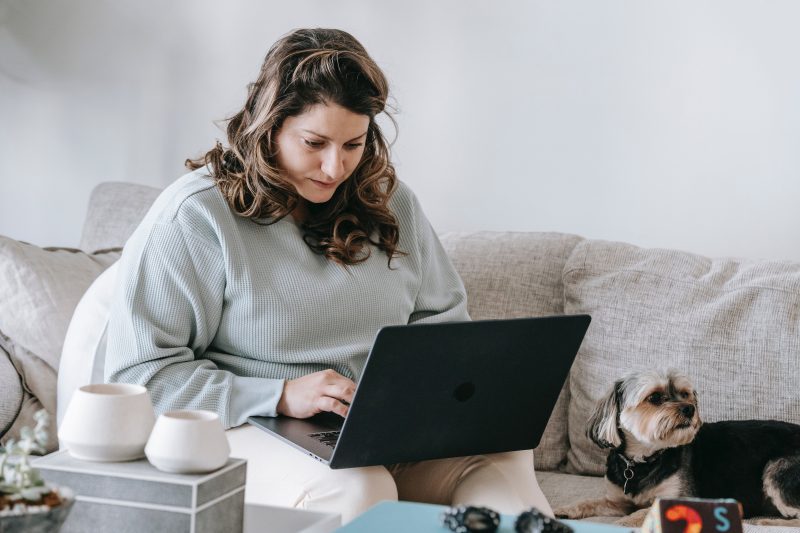
Family Mediation
More about the Family Mediation we offer.

Your child's welfare is vital after separation. In child-inclusive mediation, they meet the mediator to share feelings.
Your child’s welfare is the most important thing to you after separation. You can choose to include them in the mediation process. Child-inclusive mediation means the mediator meets with your child(ren) on their own so they can express their thoughts and feelings.
Divorce , break up, and legal separation can be a confusing time for children, and they don’t always have a way to freely express their wishes and feelings.
Parents often worry that including children in mediation is ‘putting them in the middle’ or ‘dragging them into things’, but it has been found to have a hugely positive effect on the child. Child-inclusive mediation allows young people to speak to an independent and impartial person so they can have their voices heard.
This can lead to a better understanding of your child’s thoughts and feelings and, ultimately, to better child arrangements.
By involving them in mediation, you’re not only giving your child a voice, but also empowering them. This can be particularly important during a time when they may feel they have no say in their future. It’s a way to give them a sense of control and involvement in the decisions that will shape their lives.
During your mediation information assessment meeting, also known as a MIAM, your mediator will outline the basics of child inclusive mediation. During your joint sessions the mediator may raise this as an option to discuss.
Your mediator will ask you some questions to help them assess whether child inclusive mediation is being considered for the right reasons. These might include:
If you and your ex-partner agree during a joint mediation session that you’d like your child to have the opportunity to express their wishes or feelings, the mediator will ask you a few questions about the child and about arrangements to meet with them.
Step 1 |
We will e-mail you for formal consent to meet your child |
Step 2 |
We will arrange a date and time for your child to meet with the mediator on their own. We will also arrange a date and time for a future session between you and your former partner to receive feedback from the child inclusive session |
Step 3 |
We write to your child and ask if they’d like to come and chat with a mediator. If they respond ‘no’ there are no further steps |
Step 4 |
Your mediator will meet with your child as arranged |
Step 5 |
Your mediator will meet with you for you to receive feedback from this. You will not receive a written record of the discussion that took place with your child. |
In most cases, involving the child in the mediation process has a positive effect. You may find the feedback challenging, but in our experience, the process usually leads to more transparent communication and understanding within families. For many kids, this is the first time their voices have been heard since their parents’ breakup.
We have in-person and online options
In person
We have the following mediation stations across the Northwest and North Wales and will add more to our network in the coming months:
| Manchester
Bolton Birkenhead Chester Chorley Crewe Ellesmere Port |
Leigh
Liverpool Mold Stockport Widnes Wirral Wigan |
If you don’t see your location here, please get in touch with us and we’ll arrange a venue that’s convenient for you.
Call: 0161 872 1100
Email: [email protected]
Online
We provide online mediation sessions if this would be better suited to your child(ren).
Your child will be seen in a separate room or online, with just the mediator present.
You can read more about mediation fees and funding, here.
Both legal aid and the government voucher can be used for child inclusive mediation.
We work with children from age 7 upwards. It’s felt that the older the child, the more input they should have in plans for their future, so it should always be considered if a child is over 10 years old.
Rest assured, a family mediator must have completed a specialist course to see your child in mediation. This training equips them with the correct procedures to follow, ensuring they are fully qualified to help your family.
Your child inclusive mediator is deeply committed to safeguarding your child. Their main priority is to protect them, and they’ll go above and beyond to ensure a safe and comfortable environment for your child to express themselves.
Mediators would never ask a child to choose between parents but offer a safe space to talk about what is happening in their family and what is important to them. Research suggests that children don’t want to be put in the position of having to make decisions that might be seen to favour one parent. The mediator will ask open questions to determine their wishes and feelings.
"It's essential that children and their parents understand that we want to give the child(ren) who are in the middle a space to have their voice heard.”Victoria Parkinson, Head of Family Mediation at TLC: Talk Listen Change
If your child decides to meet with the mediator, they will agree on what is to be fed back to you as parents or guardians at the next session. This will give you valuable information when making decisions throughout the agreement for your child.
The feedback session with you as parents is a crucial part of the process and should happen as soon as possible after your child’s meeting. We typically arrange for this to be the next day, making sure you’re promptly informed and involved in your child’s mediation journey.
Some children attend and choose to talk a great deal, whereas some come to us and just draw a few pictures or write a letter to their parents. It’s nice to give them a space to express themselves in a way that they feel comfortable with, such as a favourite toy, or a comforting object that they can hold during the session.
It’s vital not to try to influence what your child might say to the mediator. This puts a great deal of additional stress on the child and can be anxiety-inducing. Furthermore, it is usually clear when a child is speaking if they are repeating something they feel they should be saying or have been told to say.
We recommend you use the feedback from your child to help you and your ex-partner agree on an arrangement for the future. You don’t have to accept everything your child says but should consider it when formalising your arrangements.
Child inclusive mediation requires the approval and written agreement of anyone with parental responsibility. If either of you withholds your approval, then your child cannot take part in mediation. It’s important to understand that both parents’ consent is necessary for the process to proceed. Once both of you have signed the agreement, your child should be told about the option to take part. You can agree on how and when to tell your child.
You must tell us if your child is involved with social services or receiving counselling. Your mediator may need to speak to your child’s social worker or counsellor before arranging child inclusive mediation. This ensures that all parties are on the same page and that the mediator can guide the process effectively, avoiding any agreements that the social worker would not support or child inclusive mediation that the social worker or counsellor believes wouldn’t be beneficial.
UK law states that children have the right to be consulted on decisions that affect them. Child inclusive mediation aligns with the UN Convention of Child Rights and the 1989 Children’s Act.
Children also have a right to speak to a child counsellor although, as a parent, you have the right to oppose this.
The mediator’s notes taken during child inclusive mediation are confidential, ensuring your child’s privacy throughout the process.
Contact our Mediation team on 0161 872 1100

More about the Family Mediation we offer.

Head straight to our booking form and register for an appointment.

Already booked in? We have an onboarding pack to guide you through the process.